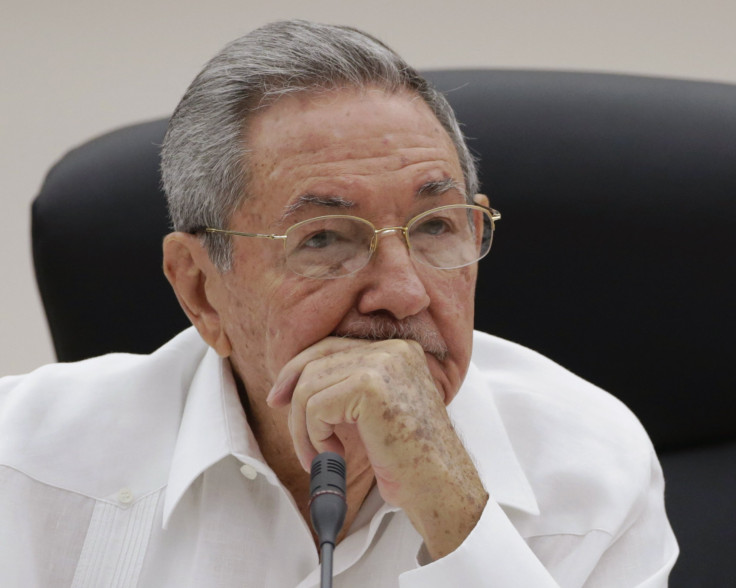Ebola Outbreak Update: Cuba Sends Over 450 Health Workers To West Africa, Leading Charge

At a meeting with regional leaders on Monday, Cuba announced it will send nearly 300 more medical workers to Ebola-stricken countries, adding to the 165 workers that recently arrived in Sierra Leone. The response dwarfs the response of many other larger and wealthier nations and comes days after United Nations Secretary-General Ban Ki-moon called on the international community to step up their lackluster commitments to fight the virus.
President Raul Castro echoed his brother Fidel’s sentiments from over the weekend that Cuba was ready to put politics aside to respond to the Ebola epidemics in Sierra Leone, Liberia and Guinea. “We believe that we must avoid any politicization of this grave problem that would distract us from the fundamental objective, which is helping confront this epidemic,” Castro said. “Cuba is willing to work shoulder to shoulder with all other countries, including the United States.”
Former president Fidel Castro praised Cuban "medical internationalism" and reached out to the U.S. in a 400-word editorial titled “Duty Calls” for the Communist Party’s official paper, Granma, on Sunday. He said Cuba would extend an arm to the U.S. “not in search of peace between these two states,” but for “world peace,” which he said should be attempted. Castro said it was important for Cuba to respond to the Ebola epidemic because of its history and to protect Caribbean and Latin Americans.
If past disaster responses are any indication, American and Cuban workers are likely to work side by side in West Africa, but the two government won’t make a big fuss out of it. Secretary of State John Kerry praised Cuba’s efforts in West Africa. Jorge Perez, who runs the hospital where Cuba is training its doctors and those from abroad how to combat Ebola said he received a “boost” from Kerry’s comments, which he said encouraged other countries to step up to the plate.
Cuba's history of medical expertise and internationalism stems from the free health care system that Fidel Castro established when he came to power in 1961. Cuba assisted budding communist nations across the world, both medically and militarily, throughout the Cold War. Since then, Cuba has shifted to exporting M.D.s instead of AKs.
There are around 50,000 Cuban doctors working abroad for three reasons, said Juan Tamayo, former Andean Bureau Chief at the Miami Herald: it makes them money, its helps their international standing and Cuba has a huge surplus of doctors. There’s a Cuban medical presence in 10 to 12 African countries. Those doctors bring in a huge amount of money to Cuba; experts expect exported medical expertise to generate $8.2 billion for the country of 11 million in 2014. There’s concern over how much of that money actually makes it back to the doctors themselves and how much is kept for the Cuban government.
There’s no verified information about who is paying Cuba for the doctors or how much Cuba is charging, but Tamayo told IBTimes Cuba could be getting up to $8,000 per month for each professional its sending to Ebola-stricken countries. He said Brazil was recently paying $3,000 per month for doctors there.
For Cuba, the Ebola response is business as usual. Cuban doctors flew into action to fight cholera and assist with the aftermath of the 2010 earthquake in Haiti. It did the same in Sri Lanka following the tsunami in 2004 and an earthquake in Pakistan the following year. The New York Times estimates that Cuba has sent more than 185,000 health workers abroad in the last 50 years.
© Copyright IBTimes 2024. All rights reserved.






















